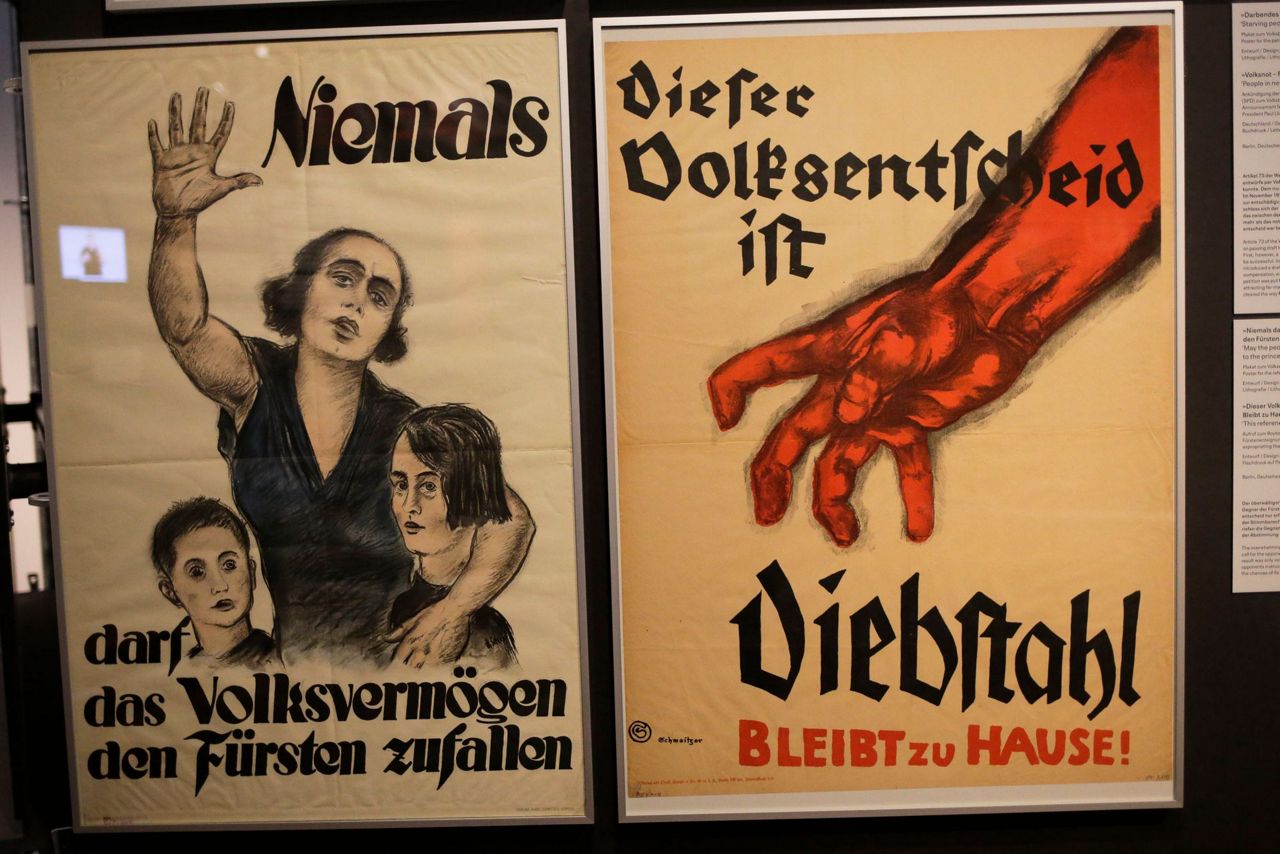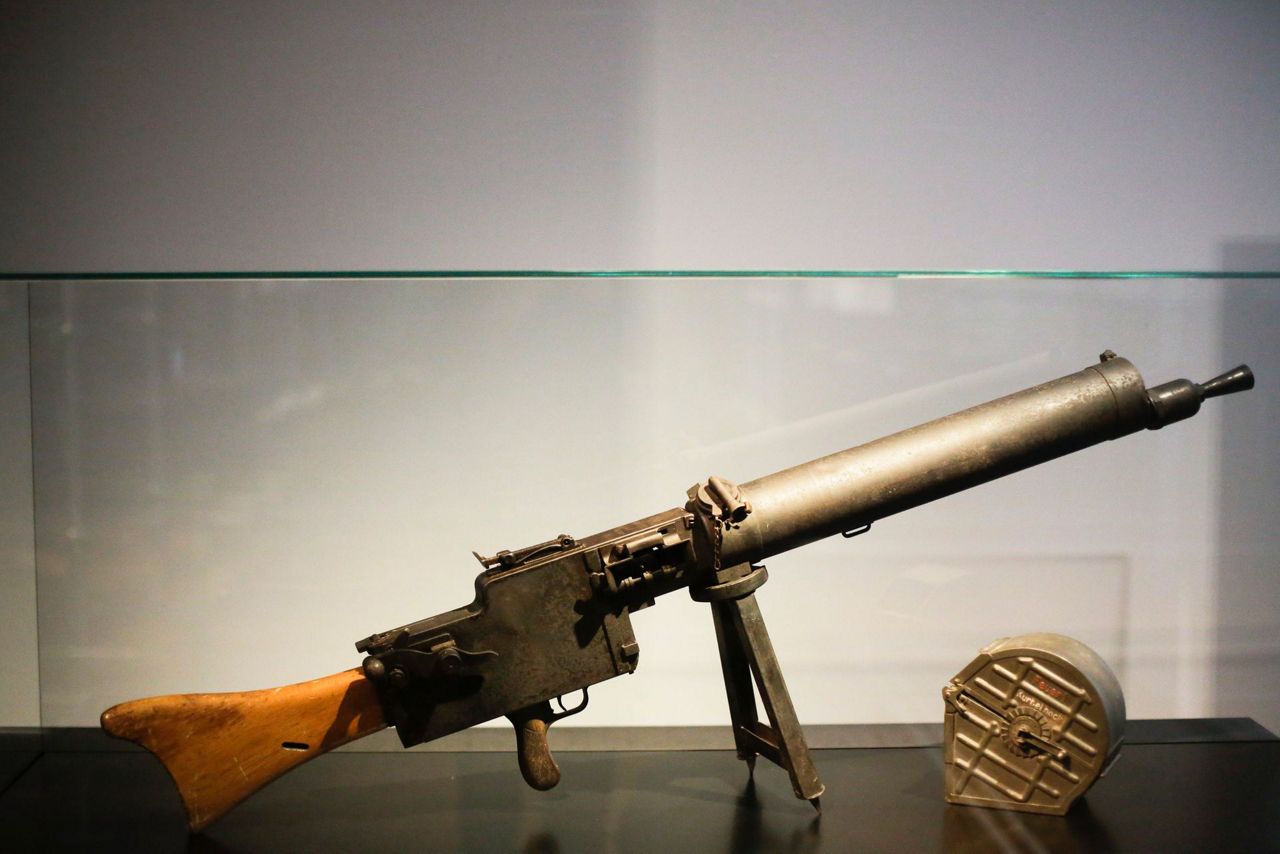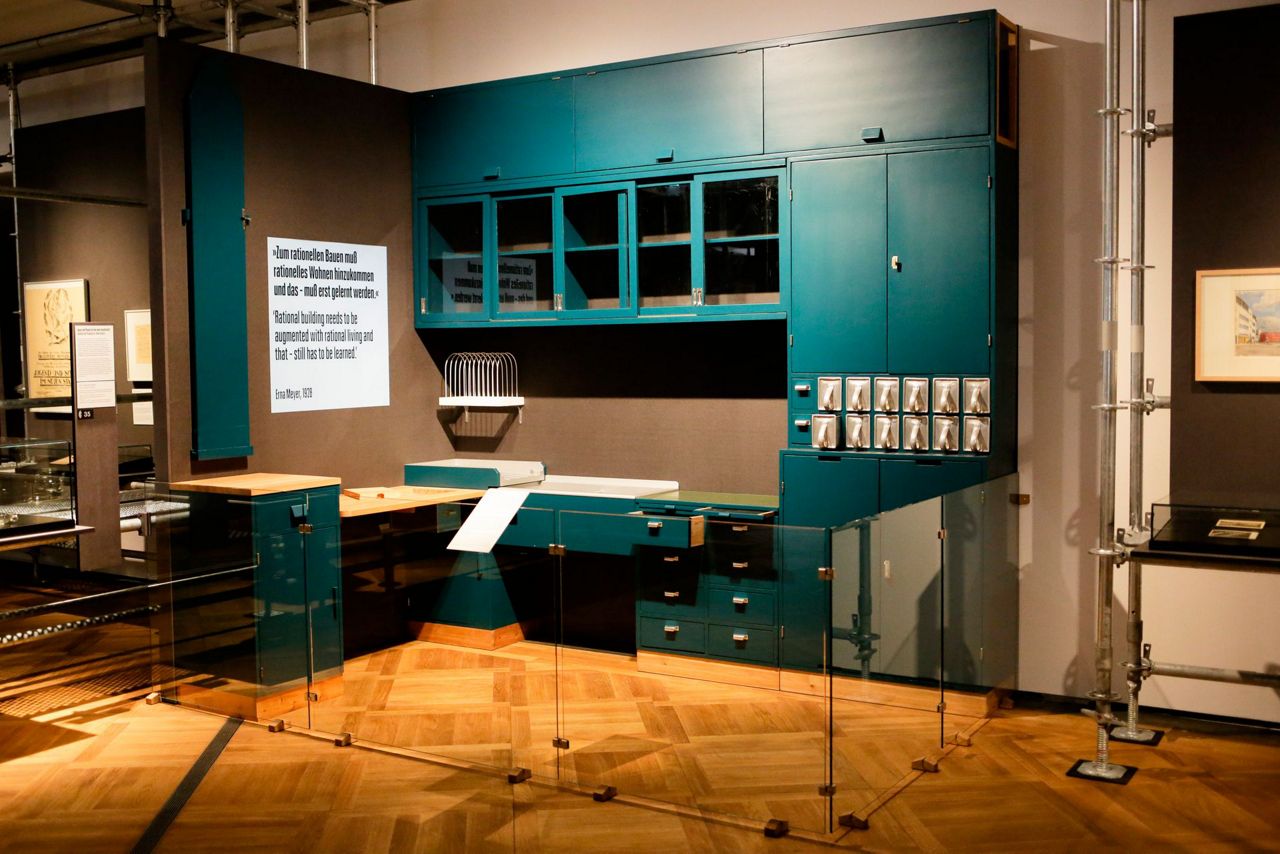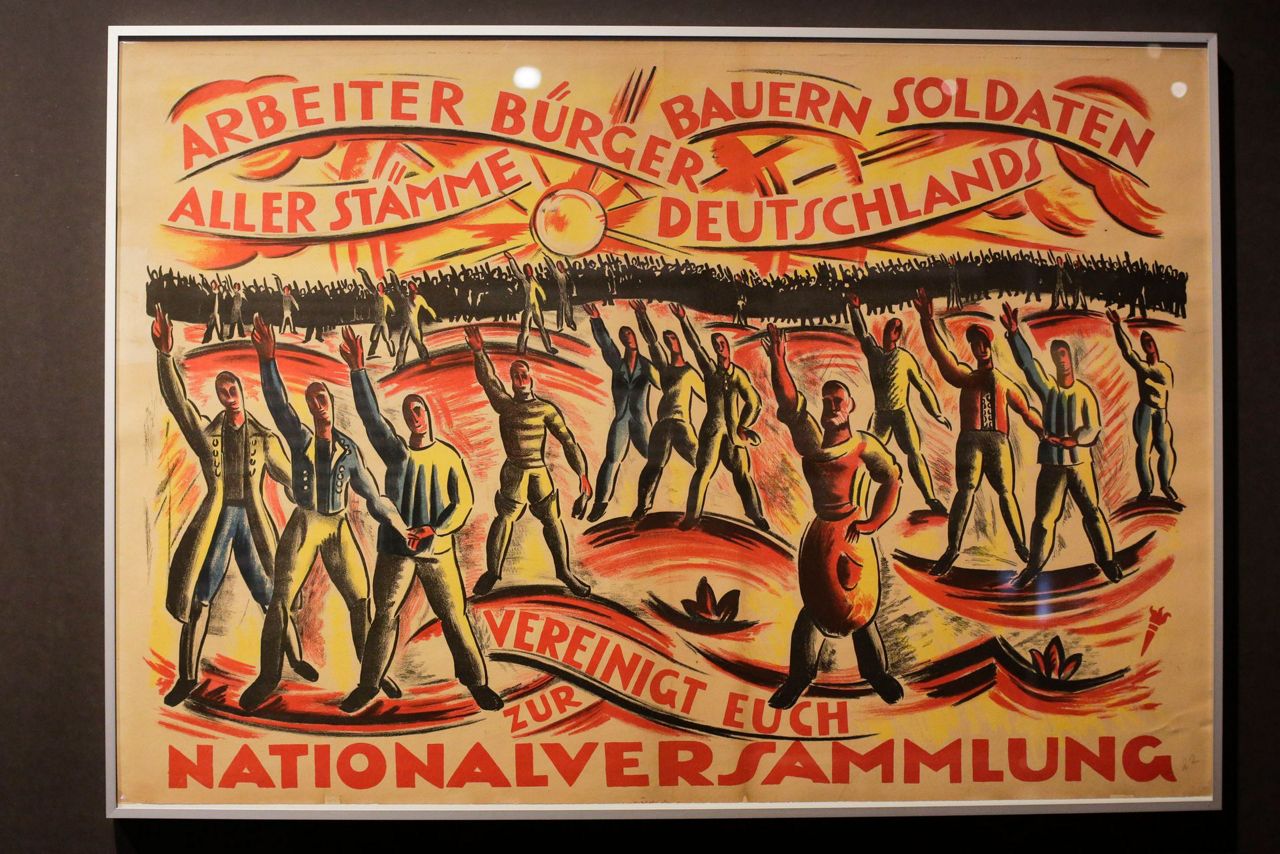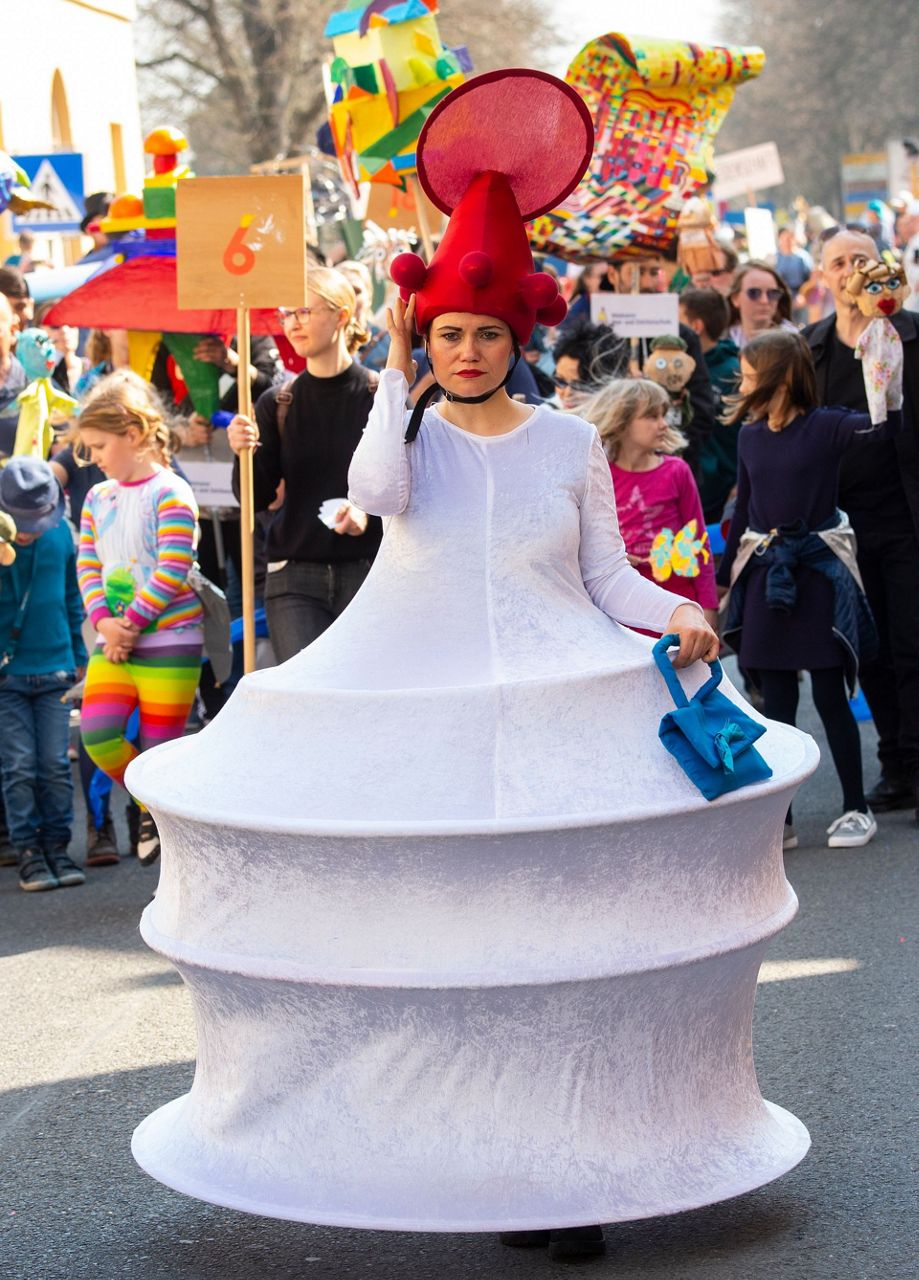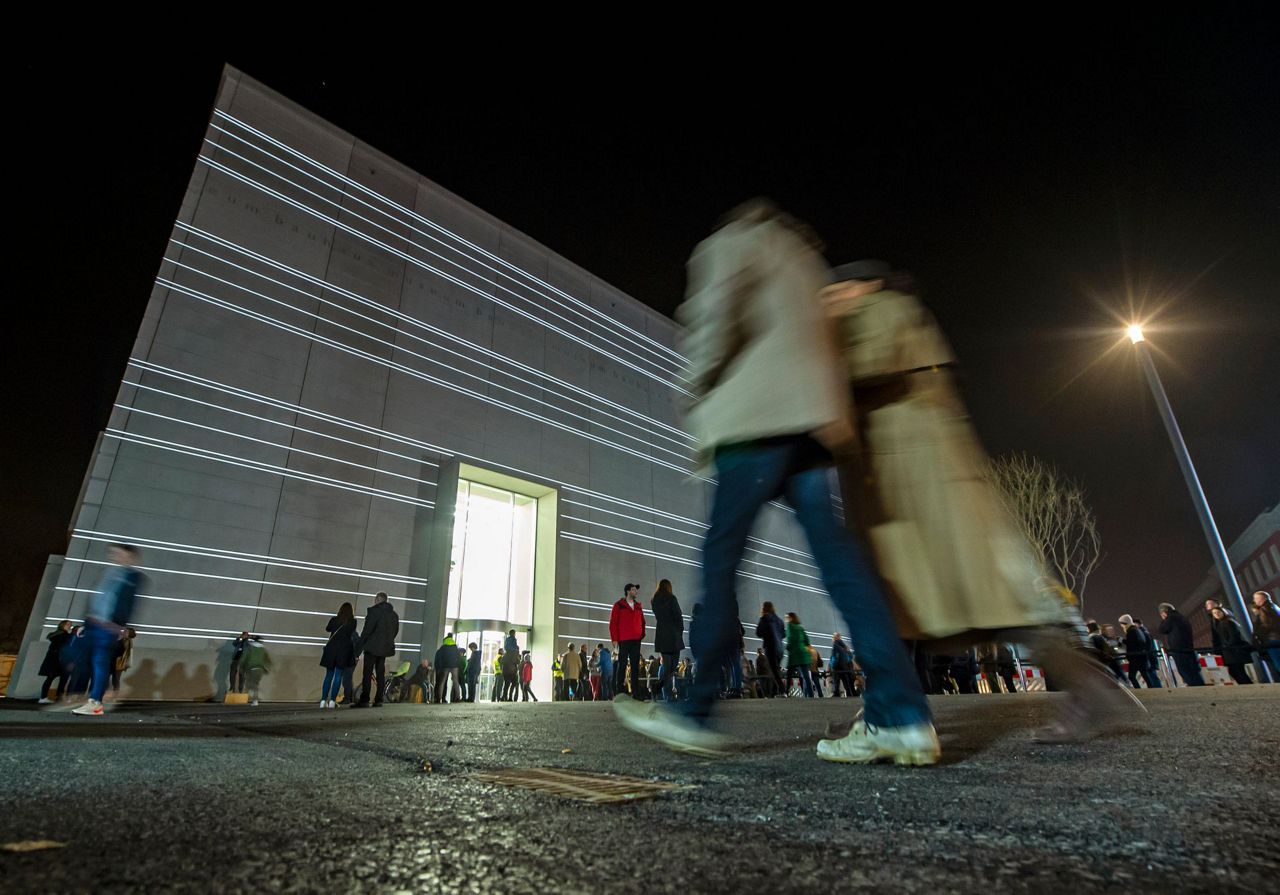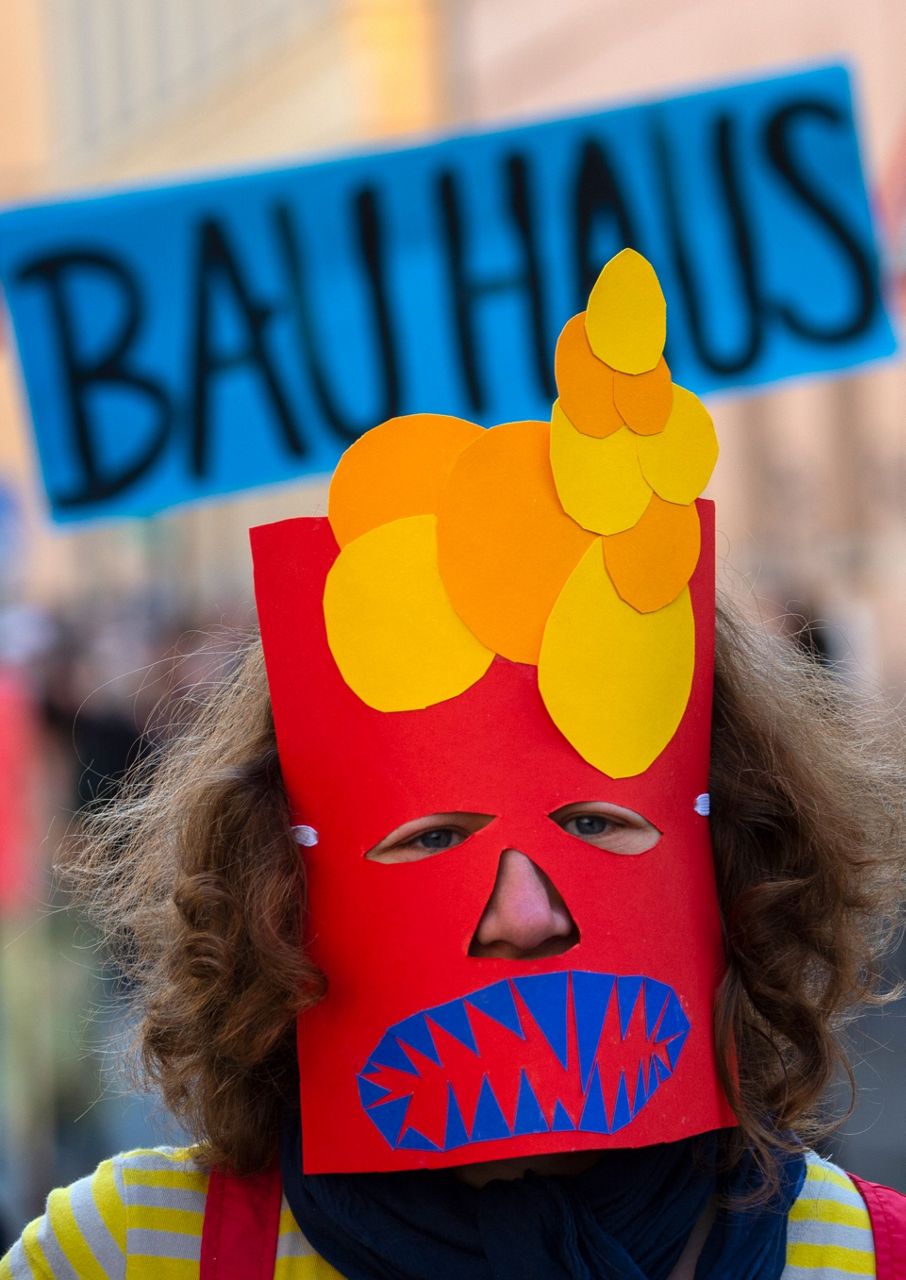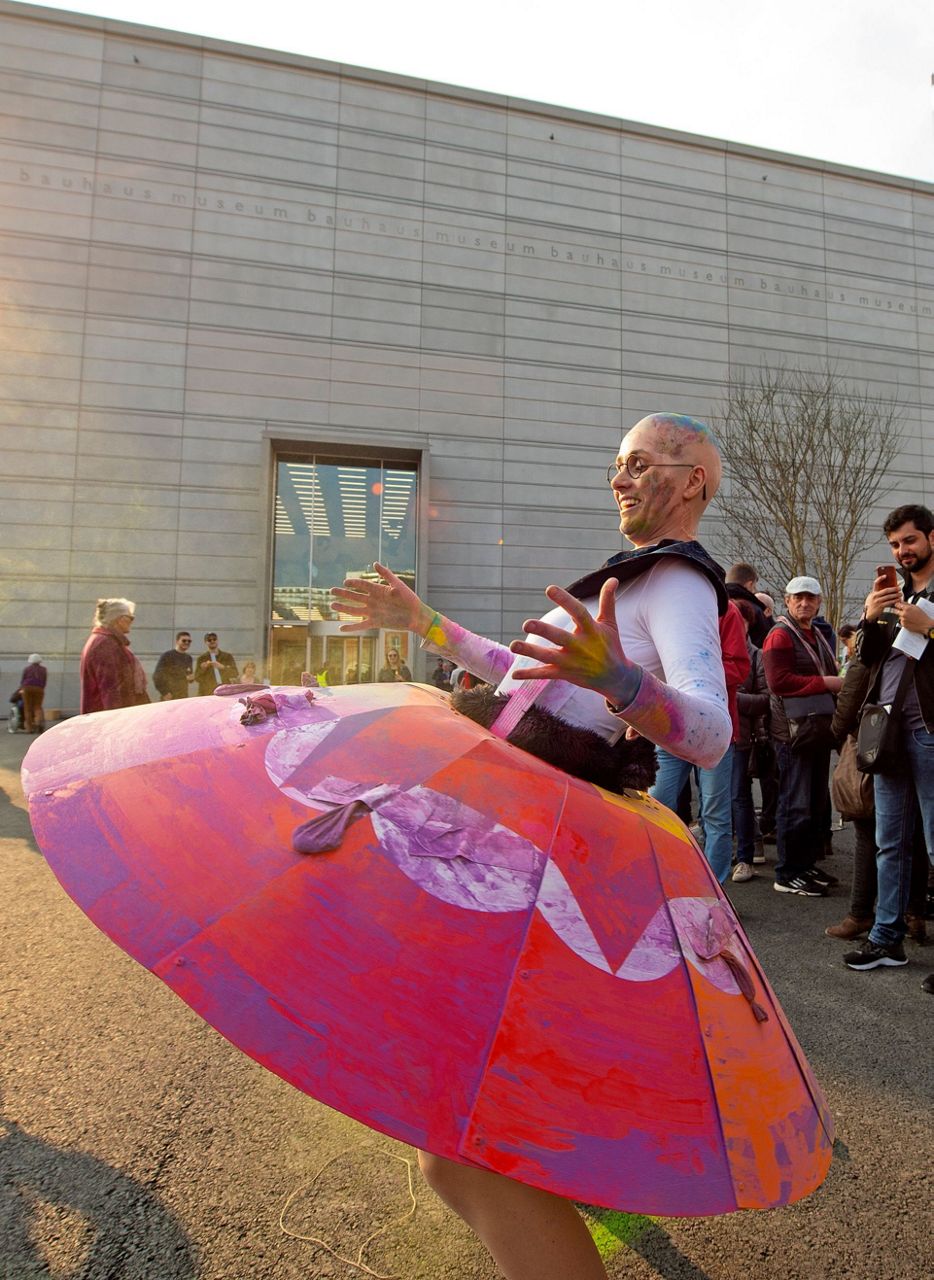BERLIN (AP) — A divided nation grappling with rising inequality, new mass media and the growth of populist politics.
Sounds familiar?
Germany's first democracy, the Weimar Republic of 1919-1933, has long been regarded as a lesson in political failure. Lately, it has also been held up as a cautionary tale for the present.
It emerged from the ruins of World War I, as a defeated nation tried to reinvent itself in the midst of economic and social turmoil. It ended with Adolf Hitler's Nazi party seizing power, persecuting minorities and leading Germany into another calamitous war.
A new exhibition in Berlin, 100 hundred years later, is questioning the perception that the era's political and economic disaster was inevitable and stressing the lasting impact of the Weimar Republic.
Copyright 2019 The Associated Press. All rights reserved. This material may not be published, broadcast, rewritten or redistributed.



